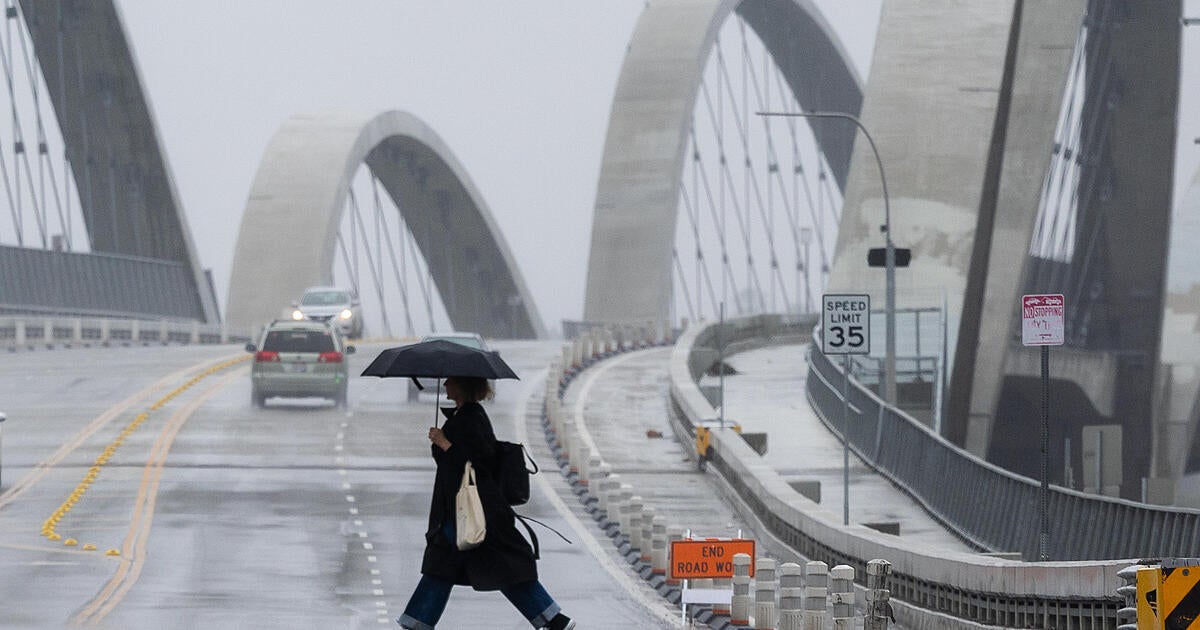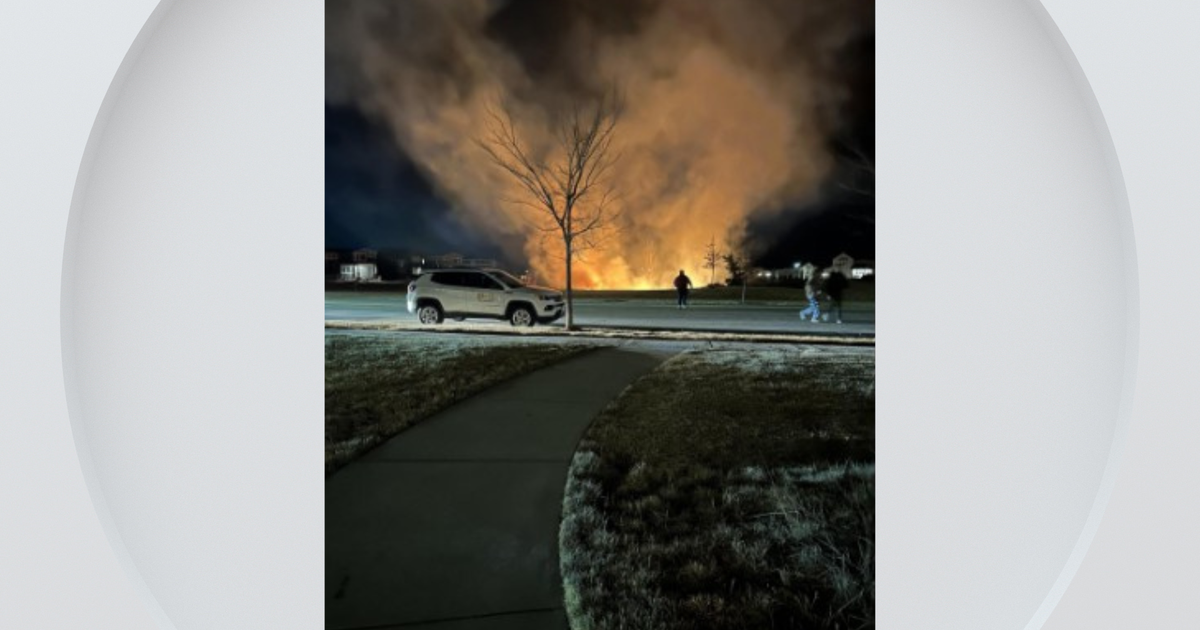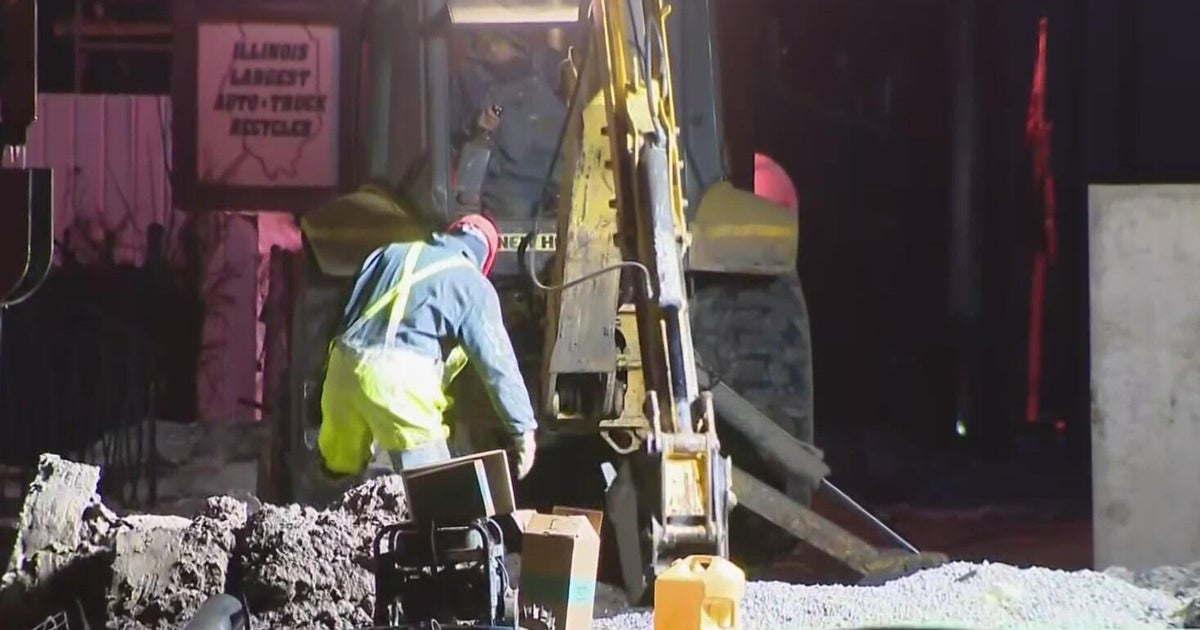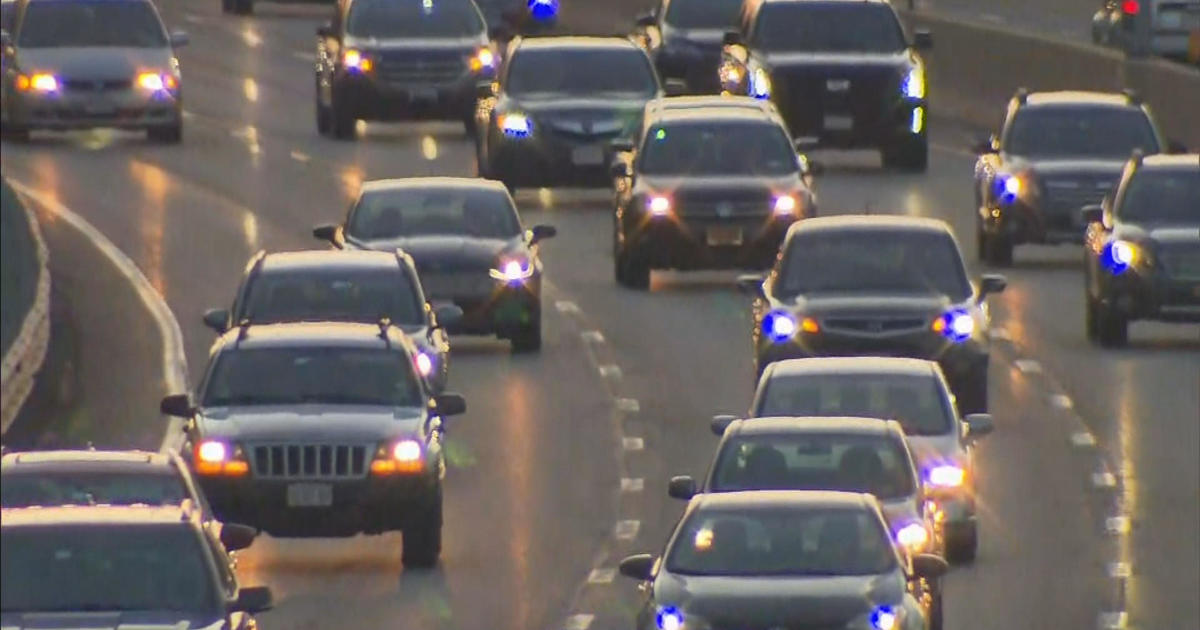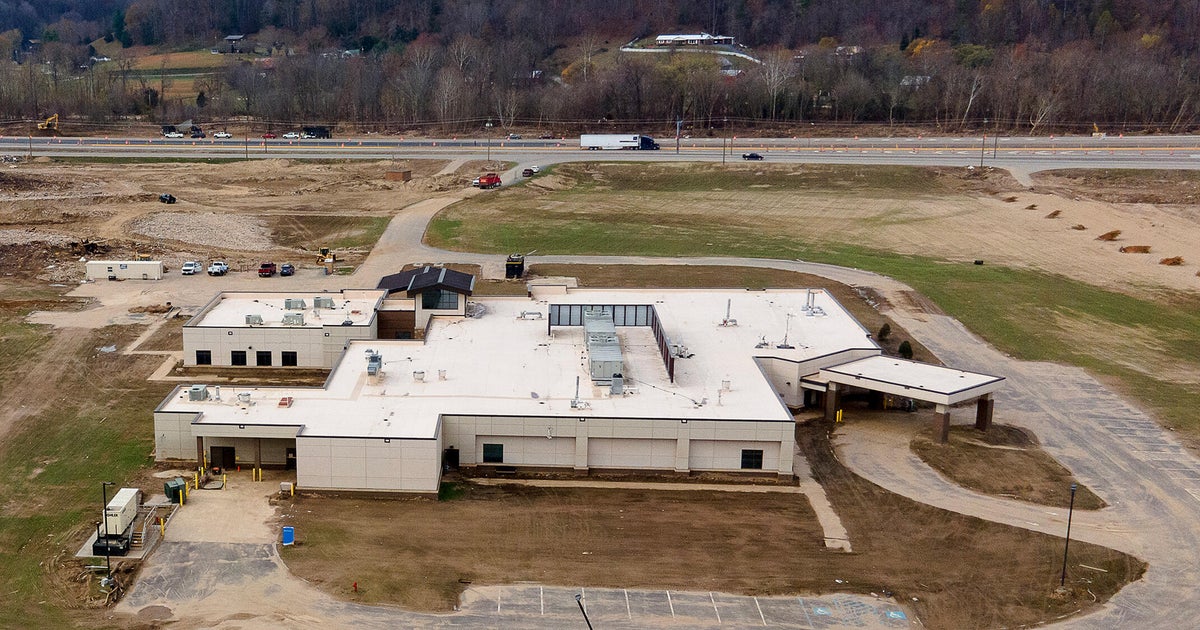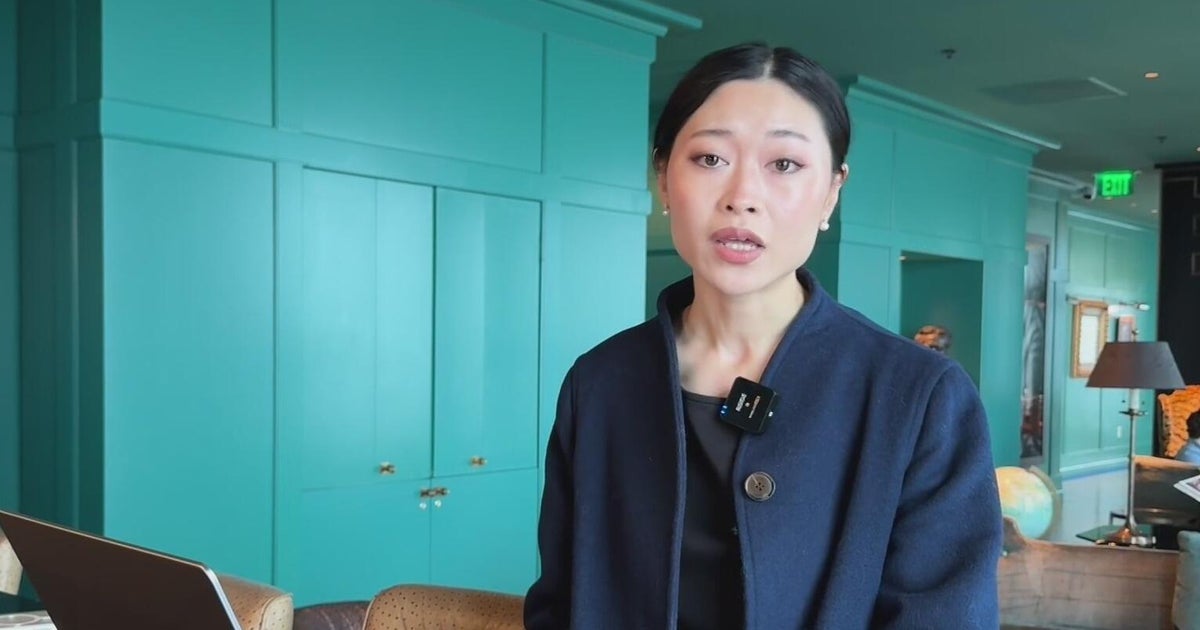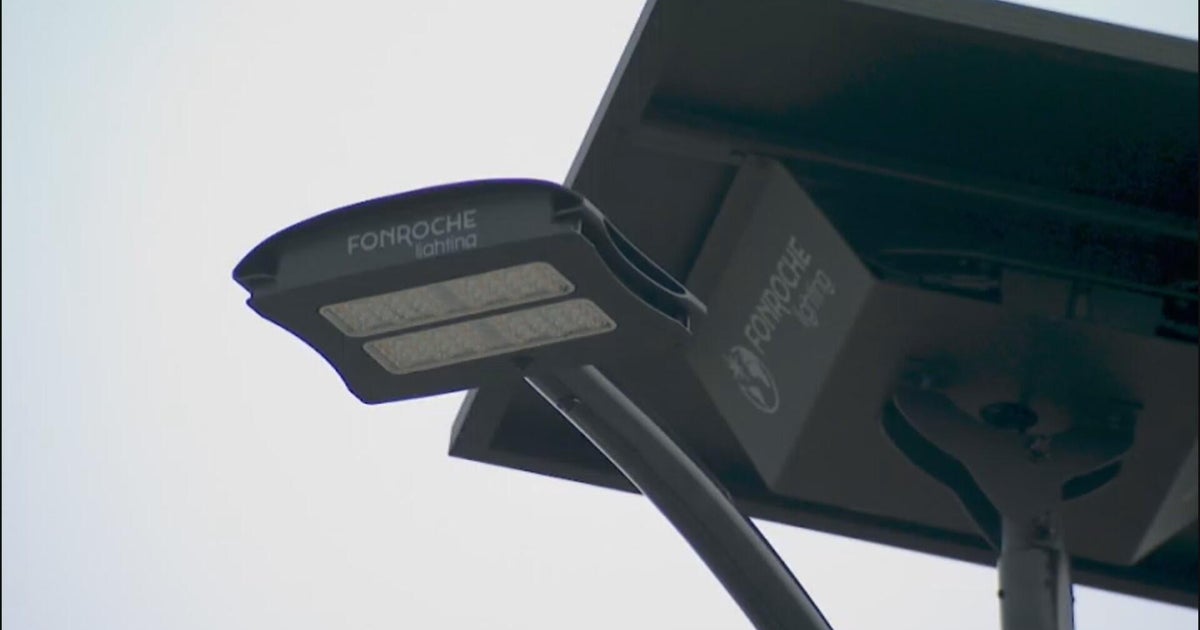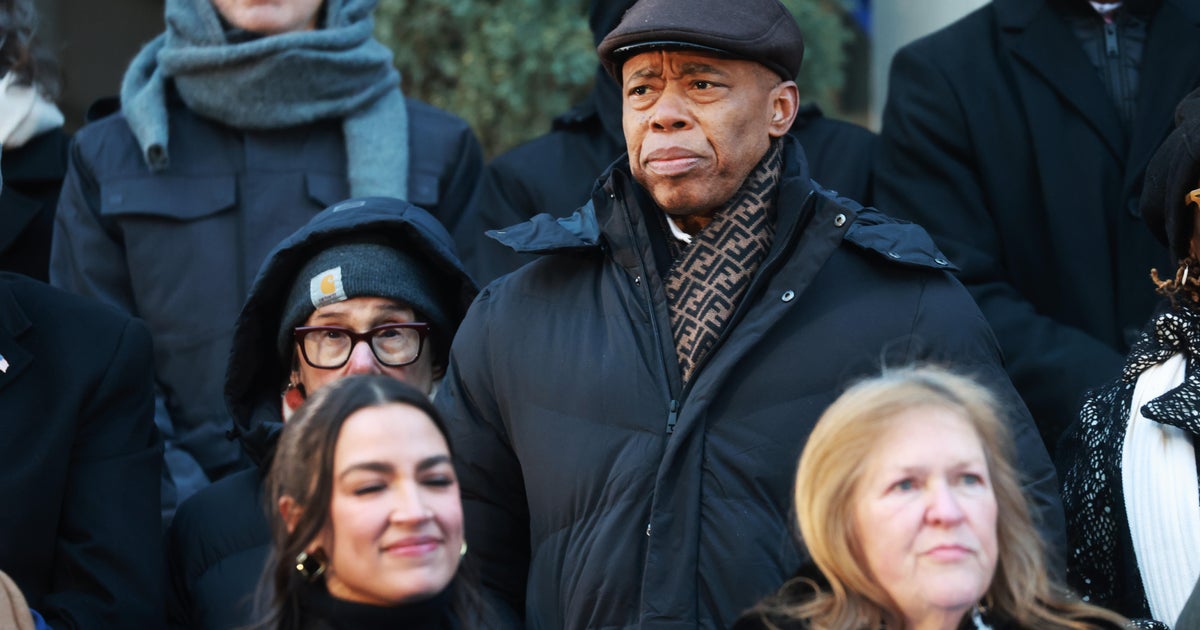Remembering Hurricane Andrew's Economic Impact
SOUTH MIAMI-DADE (CBS4) -- In the wake of Hurricane Andrew, not everyone fled north. For those who stayed behind to rebuild South Dade, the road has been tough and quite unpredictable. Much of the area looked like a bomb had gone off. As one person walked around surveying the damage in 1992 they told a CBS4 camera crew, "It's more like a third world country down here."
Generations of hard work and perseverance were wiped off the earth in a matter of hours. If you asked them then what the future held no one could have predicted how their lives would be forever changed. Kevin Peterson, the owner of Homestead Tire and Auto, remembers those days vividly. "It was terrible. People were depressed obviously. A lot of people were in a daze," he said.
Kevin and his wife Michelle lost their brand new home in Lakes by the Bay to the storm. The family business, in Homestead since 1964, was in pieces. "What worse could happen than that? You wake up in the morning and everything is gone," Peterson said. And they were not alone.
The numbers were overwhelming. A billion dollars of agriculture fields wiped out. 82,000 businesses destroyed. 250,000 people were permanently homeless. "A lot of time when you look at hurricanes we just gauge the physical impact of it but in this case the economic impact was huge. And it went on for many years," historian Paul George explained. As George flipped through photos from 1992 he surmised South Dade was never the same.
Wayne Brackin would agree with the idea that things were never the same. When Andrew rolled through he was the CEO of Homestead Hospital. "The economy was doing good. It was turning into a bedroom community and the hospital was actually was financially doing the best it had done in probably10 years," Brackin said. The night the storm approached his hospital filled up. From the typical 75 patients, he watched people lining up at the door looking for shelter. "By the time we closed up the doors that night we had something like 400 patients in the hospital. This is a 100 bed hospital so there were patients in the hallways, in the offices, in the library." As the night wore on the building slowly came apart. "As bad as you can imagine it to be that's how it was," Brackin recalled.
They ended up moving patients into hallways when the windows began to explode. By morning, when things finally calmed down, they unchained the doors. Brackin said he'll never forget what met him when he opened the door. "For me I'll never forget it. It was an emotional moment. Because you open this door and there are people who lost their houses, they've lost everything. They live in this community. And they all showed up for work because they knew the patients needed them. I get emotional now thinking about it 20 years later."
In the days following the storm, Brackin suddenly saw four times the number of patients coming in. While half his staff left and the entire area changed. "Essentially the entire middle class of the community left overnight."
File footage from CBS4's archive found the hospital struggled to keep its doors open. "This is it. Come here," a hospital spokesman pleaded to a CBS camera. "We don't care if they are from this state or another. Bring a license with them. We'll know that you are okay. We just need people who know how to work." The massive shortage of staff made life incredible challenging. "We brought in people from all over the country. 50 states came to help," Brackin said.
The times were bizarre to say the least. To make payroll in the aftermath of the storm the hospital did something very unconventional. "We essentially went on an honor system. We had bags of money brought down here from Miami. We set up a table out on the loading dock. We asked people to step up, tell us what they made the last check they got. And we gave them that amount of money and we asked them to sign for it. "
Just as South Dade began to clean up President George Bush was pledging to rebuild Homestead Air Force Base. But in the weeks that followed the pledge would be reversed. The base would never operate again as full service base.
"I would call it a disaster on top of another disaster," a store owner said in a CBS4 story after the news was announced. 7,000 employees were now gone. Their estimated 400 million dollars of economic impact a year was being pulled out of South Dade. "Once the base shut down in the aftermath of that hurricane people were just scrambling to move somewhere else to find a job," historian Paul George said.
Kevin Peterson recalled what those days were like. "The big debate a lot of people had was are they going to stay or are they going to go," said Peterson.
Homestead Tire's owner at the time, Jim Atkins had a difficult choice to make. "The thought was is this worth it? And he really felt obligated to his employees because they had nothing. At least, he felt, if he could stay open and pay his employees he was providing something," Peterson said. Twenty years later the shop is still open. "There is a real close business community of people who are saying we got through this thing. And we are not going anywhere."
As George flipped through the photos he pulled out one where two people put a sign outside their business. It read, "Takes a licking and keeps on ticking." George pointed to it and said, "This is great. These people are hanging in. You are talking about when are you going back to your job? Who knows when or where you going to be living for the next six months?" Most business owners didn't know what they were in for. "We're looking at, I don't know – 3 years, 5 years, 10 years?" said the owner of the After Bruner Bar and Grill.
South Dade did rebuild although some would say they still are. "I know by sales figures on this business that the sales figures now are starting to mimic where we were in 1992," Peterson said. It's been a 20-year recovery.
Much of the recovery has been built by entrepreneurs who flocked here and the resilient few who stayed. Brackin, who is now the COO of Baptist Health South Florida said, "Today probably half the people at this hospital were working here during Hurricane Andrew. It's a testament to those people."
Homestead Hospital went from profitable to financial ruin in the storms aftermath. The old building recently re-opened as a school. Non-profit Baptist Health South Florida built a brand new state-of-the-art Homestead Hospital. The new hospital looks like a five star hotel. "As beautiful as this place is and the incredible work that's done here the hospital still loses a lot of money. And you can really trace it back 20 years to that storm," Brackin said.
"You just couldn't rebuild this in a day." George said. "I think without a doubt it's the right decision. It's not an easy decision. I think it's not even easy today," Peterson said.
After the storm residents and business owners said it constantly. Some even wore the phrase on their shirts. "We will rebuild." Today South Miami-Dade is back. Perhaps not the way we remember it. Then again perhaps the rebuilding still is not over 20 years later.
